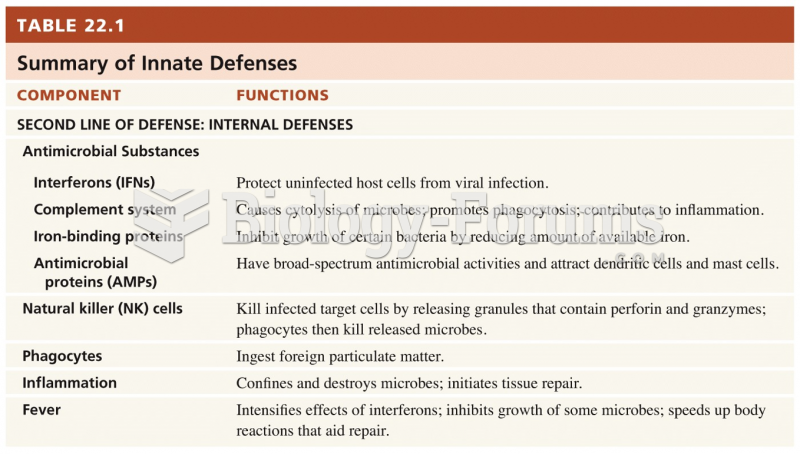|
|
|
Drug abusers experience the following scenario: The pleasure given by their drug (or drugs) of choice is so strong that it is difficult to eradicate even after years of staying away from the substances involved. Certain triggers may cause a drug abuser to relapse. Research shows that long-term drug abuse results in significant changes in brain function that persist long after an individual stops using drugs. It is most important to realize that the same is true of not just illegal substances but alcohol and tobacco as well.
On average, someone in the United States has a stroke about every 40 seconds. This is about 795,000 people per year.
The heart is located in the center of the chest, with part of it tipped slightly so that it taps against the left side of the chest.
Egg cells are about the size of a grain of sand. They are formed inside of a female's ovaries before she is even born.
Critical care patients are twice as likely to receive the wrong medication. Of these errors, 20% are life-threatening, and 42% require additional life-sustaining treatments.







